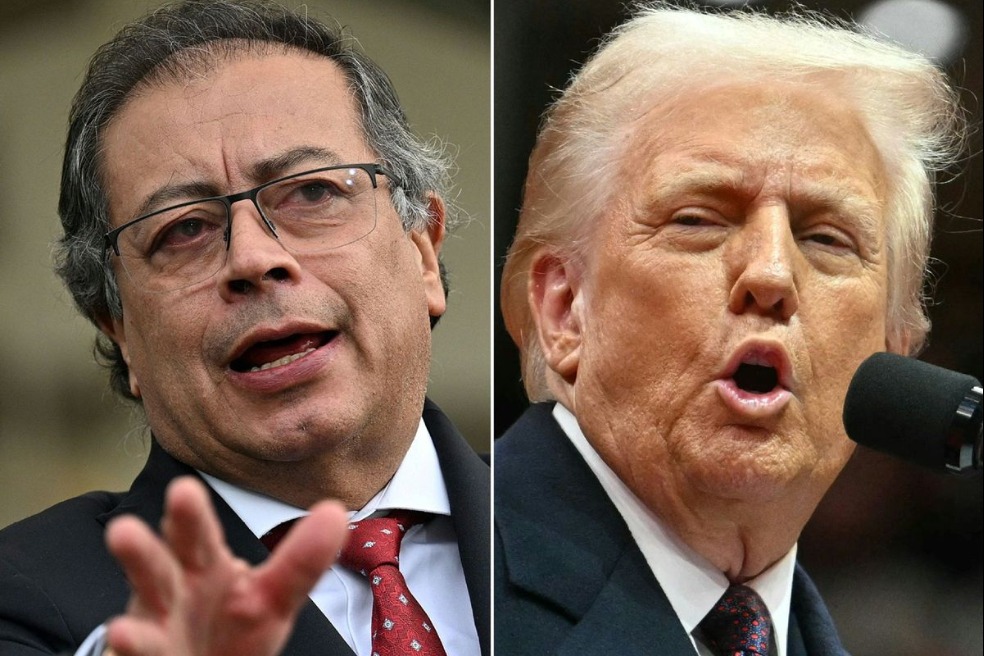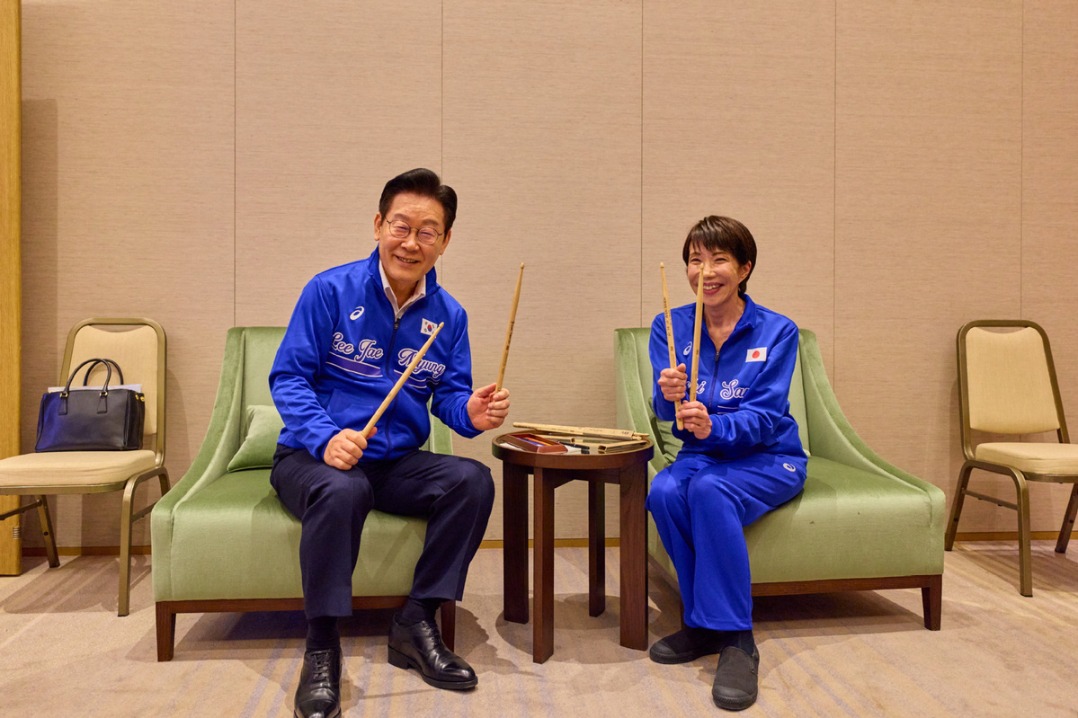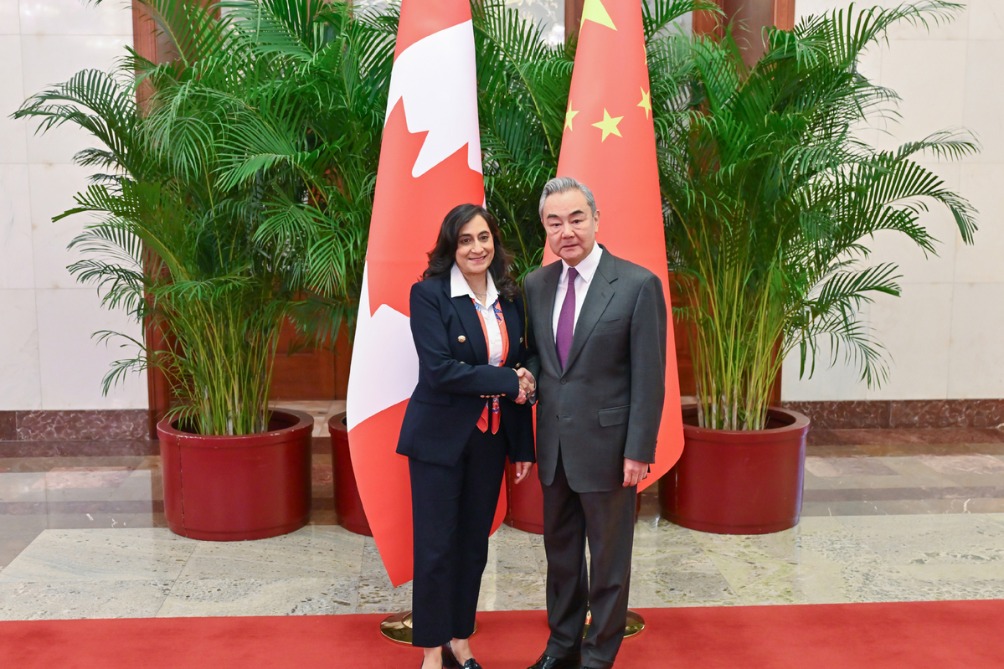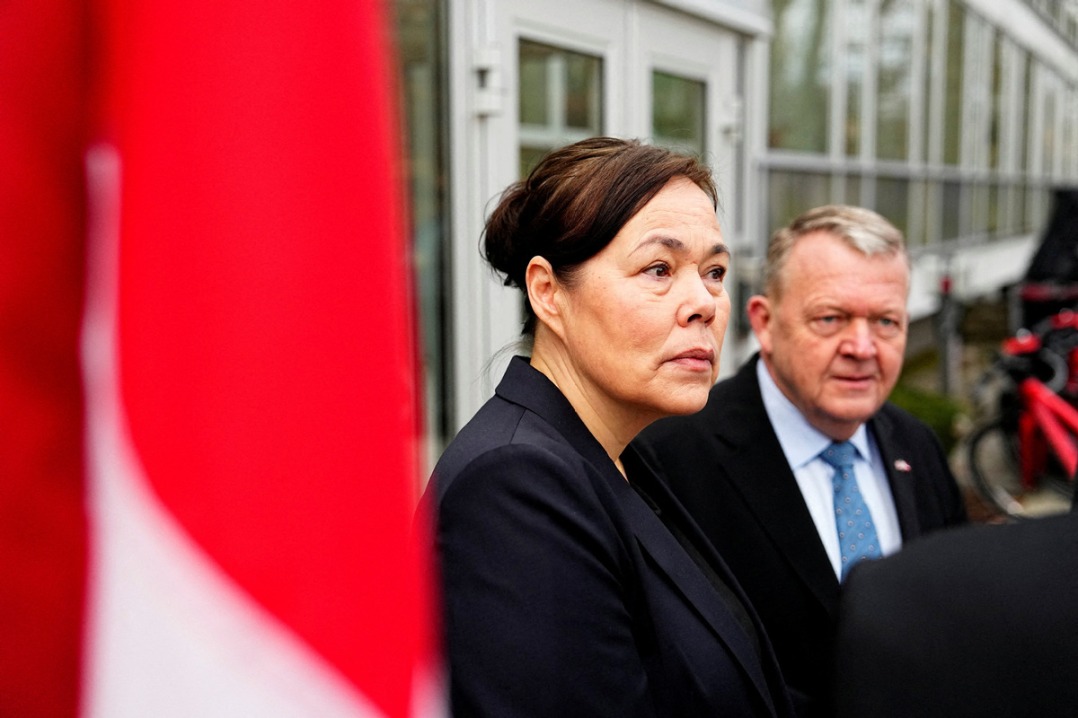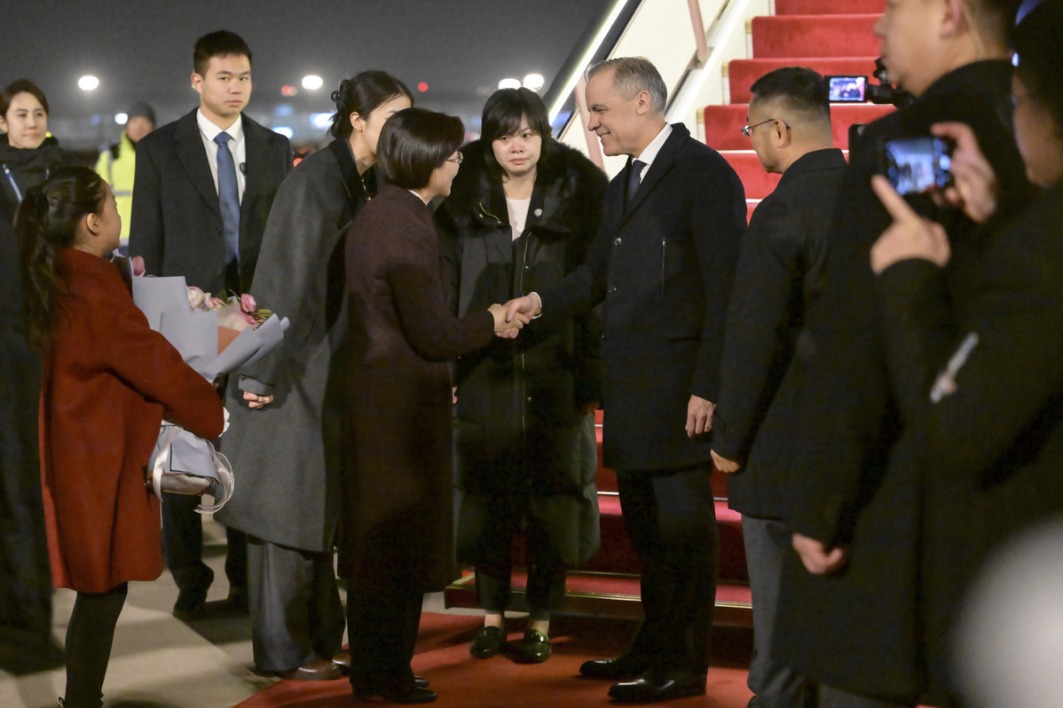Japan faces pressure over militarization

Okinawa urges Tokyo to play active role in maintaining regional peace
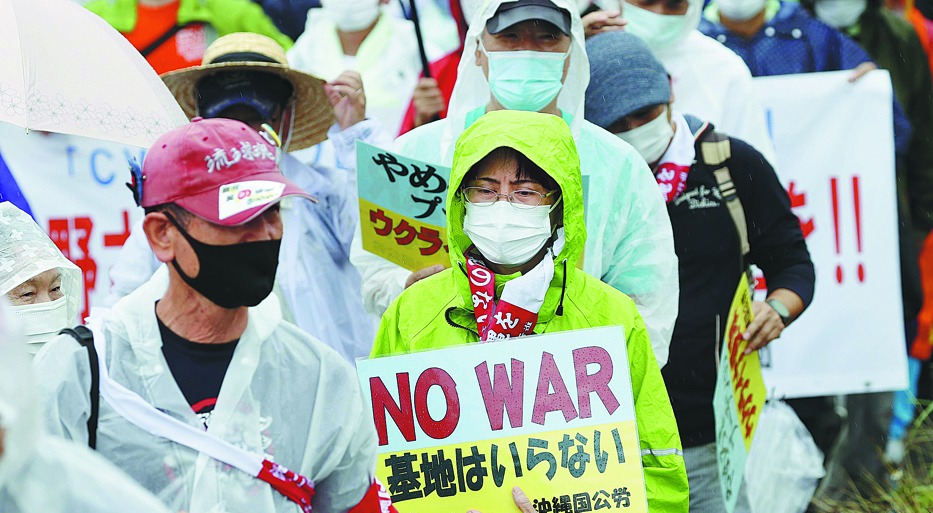
For some time, Japan has not hidden its military ambitions and has been increasingly bellicose toward China. However, its stance has faced stiff opposition within the country. Okinawa has chosen to fight against the country's remilitarization and called on Tokyo to adhere to the principles established in the four political documents signed by China and Japan.
"Japan should abide by the principles established (in the four documents) between China and Japan, develop a friendly relationship between the two and settle disputes peacefully," the Okinawa Prefectural Assembly said in its latest letter to the central government.
The letter, submitted to a number of political heavyweights of Japan on March 30, including Prime Minister Fumio Kishida, called Japan's pursuit of military deterrence capabilities, including the deployment of missiles in the southwestern region, a way to "increase tensions in the Asia-Pacific region and will lead to Okinawa becoming a battlefield again".
"Instead of doing this, Tokyo should play an active role in building peace through diplomacy and dialogue," the assembly urged.
Legal means used
During its long-standing battle against Japan's military buildup, Okinawa and Okinawa people have used every legal means at their disposal to block the process.
In February, tens of thousands of people from different parts of Okinawa rallied in the city of Naha to protest plans for missile deployment in the prefecture.
"Now it feels like the eve of a war. I don't want the people of Okinawa to experience the tragic Battle of Okinawa again," said Eiki Senaha, a survivor of the 1945 Battle of Okinawa, who organized a civil group in an effort to prevent history from repeating itself.
"What we should choose now is not to shelter or evacuate, but to prevent Okinawa from becoming a battlefield," warned Takamatsu Gushiken, the rally's organizer, who has been involved in recovering the remains of the 1945 war dead.
Since Japan passed the three security documents last December, namely the National Security Strategy, the National Defense Program Guidelines and the Mid-Term Defense Program, rallies have been held in different parts of the country, most of them in Okinawa, which is home to about 70 percent of US military bases in the country.
According to these documents, Japan will not only acquire counterstrike capabilities, a significant departure from its pacifist Constitution, but also spend 43 trillion yen ($313 billion) in the next five years to strengthen its military, buying cruise missiles capable of striking China and developing hypersonic weapons, among others.
This will bring Japan's military expenditure to roughly 2 percent of its current GDP, a big shift from the 1 percent of GDP the country had been spending for the past 60 years.
"The anger in Okinawa is not just about several missiles. It reflects frustration over the islanders' long-stymied efforts to get military forces entirely out of Okinawa and transform the prefecture from a conflict-ridden US military base to a cultural and tourist region," said Wang Qi, a researcher of East Asian studies at the Chinese Academy of Social Sciences in Beijing.
wangxu@chinadaily.com.cn
















